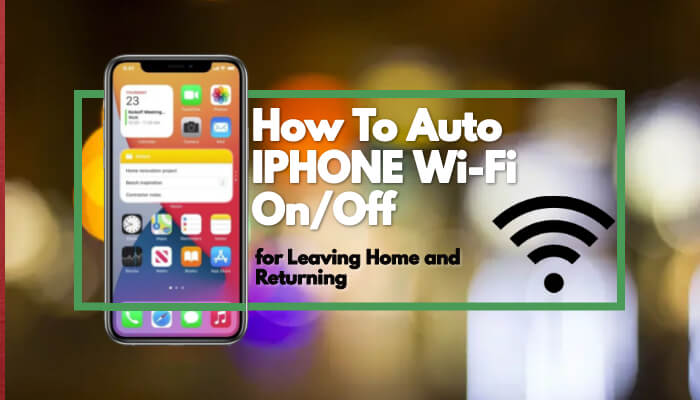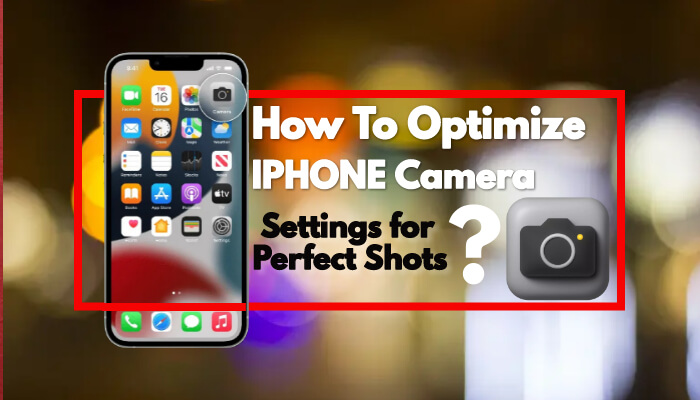
Fb has introduced a glimpse inside its plans for a new augmented reality interface, based on generation from CTRL-Labs, the startup it got in 2019. In a video, it shows off wristbands that use electromyography (EMG) to translate refined neural signals into movements — like typing, swiping, or enjoying games like an archery simulator. The bands additionally offer haptic feedback, creating a device that’s more responsive than basic hand monitoring options.
Fb Fact Labs printed a blog publish detailing its paintings on a prototype of the wristbands. At its simplest, the bands might monitor basic gestures Fb calls “clicks,” which are speculated to be reliable and easy to execute. They’re a bit bit just like the all-function Microsoft HoloLens “air faucet” gesture but tracked with the nerve signals that run along your palms, as opposed to visible sensors fastened on a headset.
The bands can theoretically do a lot more, regardless that. for example, they might observe the nerve indications your brain sends in your arms when you’re typing, so that you can kind on a digital keyboard with out physical buttons. and in contrast to a standard keyboard, the bands can slowly adapt to the way in which you type — in order that they can “be informed” the tactics your palms transfer while you’re making not unusual typos, then automatically correct for them and capture what you almost certainly meant to sort as a substitute.
this will be an enormous modification in how most people engage with computers, but conceptually, it’s no longer in fact a major replace to how CTRL-Labs described its paintings years in the past. in fact, the ultimate chances for EMG wristbands are a lot more mind-bending: sooner or later, it's worthwhile to carry out the same typing-style gestures through desirous about shifting your hands instead of in fact moving them. Fb wants to further streamline person interactions via counting on artificial intelligence and augmented truth glasses, which it announced it was once working on ultimate 12 months.
Fb is experimenting with other haptic feedback prototypesEven of their more effective iterations, these controllers would provide an interface that you want to wear all the time rather than selecting up and protecting, just like the present Oculus Touch VR controllers. The effect may well be similar to smaller startup offerings just like the Mudra Band, which senses gestures by the use of an Apple Watch band.
One prime new addition is haptics. Facebook says it’s been imposing quite a lot of prototypes that would give you subtle comments the use of different methods. One, the “Bellowband,” has eight pneumatic bellows placed round every wrist. These can be inflated or deflated in patterns that produce specific sensations. Any Other is “Tasbi,” which makes use of vibrating actuators and a “novel wrist squeeze mechanism.” after they’re paired with visual feedback from an AR headset, they may be able to be offering a lot of data thru an easy and intuitive interface.
Fb insists that even if the band reads neural signals, “this is no longer comparable to mind reading.” Right Here’s how it explains the idea that:
you could have many thoughts and also you choose to act on only some of them. Whilst that happens, your brain sends signals for your fingers and arms telling them to transport in explicit tactics in order to accomplish actions like typing and swiping. this is about interpreting the ones indications on the wrist — the movements you’ve already determined to perform — and translating them into virtual commands in your tool.
CTRL-Labs has still characterised this era as a mind-computer interface, nevertheless it’s a sharp contrast with applied sciences like Elon Musk’s Neuralink — which reads neural job straight away from the brain thru an implant. Implants have distinctive uses, in particular for people with paralysis or amputated limbs, whose bodies merely can’t send nervous signs to a wristband. However Facebook CEO Mark Zuckerberg lately criticized implants as a near-time period client technology, announcing that “we don’t think that individuals are going to wish to get their head drilled open so as to make use of digital or augmented reality.” Wristbands also don’t have somewhat the similar privacy scare issue as something that reads your thoughts at the source.
That mentioned, the bands will probably be gathering a lot of knowledge. that will include incredibly tremendous variations in typing patterns; overall ranges of physically stress; and any biometric data captured by way of health tracking sensors, augmented truth glasses, and different tech that could be integrated with the bands. (Fb Reality Labs notes that it has a “neuroethics software” examining the privateness, security, and protection implications of AR and neural interface tech.)
Like most wearable era, EMG bands be offering an intimate look at how our bodies are shifting — and while it’s not somewhat as creepy-sounding as a band that reads your feelings, it still calls for so much of trust.







